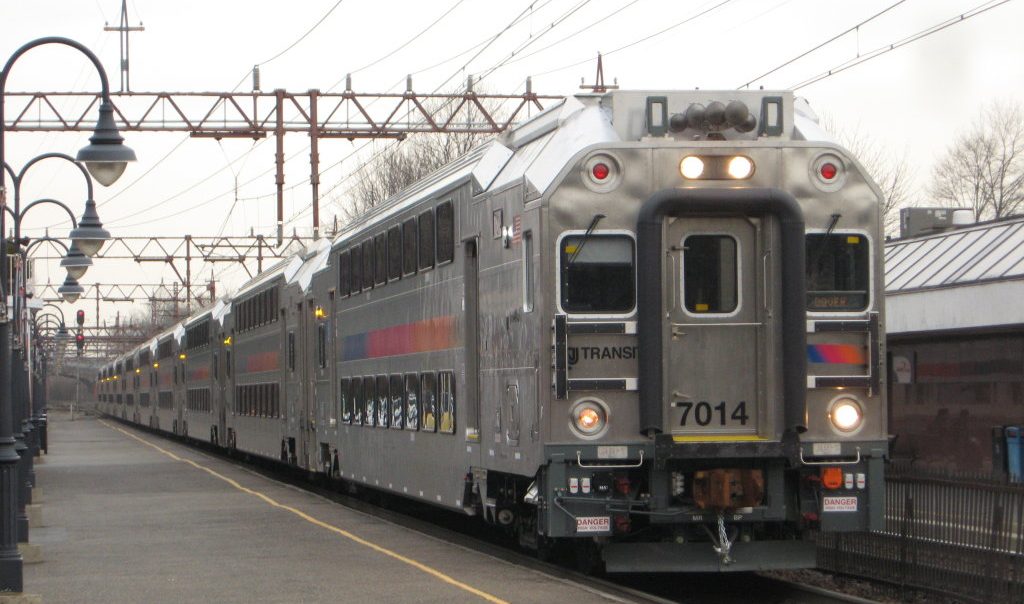
Join Our Next Meeting!
Monday, May 20th, 6:45–9:00 p.m.
Millburn Town Hall, 375 Millburn Avenue, Millburn, N.J.
Alan Drake joins us from New Orleans to discuss international perspectives on railroads. A member of the Sierra Club, he is part of the team that authored their August 2023 “Sierra Club Rail Transportation Statement”.
Millburn Conference Room is a great location for our in-person attendees. We’ll also be using Zoom for online participation. To join us by phone or computer, e-mail us at info@lackawannacoalition.org to get the Zoom registration information. Details here.
Tickets Have NO Intrinsic Expiration Date
NJ Transit staff has proposed, and the Board of Directors has approved, a 30-day expiration date for all single-ride tickets, paper and digital. This is an idea that, rather than raising money, will force more riders to buy tickets one at a time, slowing bus boarding and creating crowds at rail ticket-vending machines. needs to set better spending priorities before asking for fare increases. Those with mobility issues or able to plan in advance to streamline their ticket purchases and transit travel find this to be a problem. We’re looking to work with environmental- and economic-justice groups to see if this can be reversed, perhaps with a new corporate traffic fee. info@lackawannacoalition.org.
For general information check our forums—newsletters and meeting agendas are posted there.